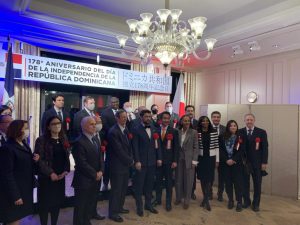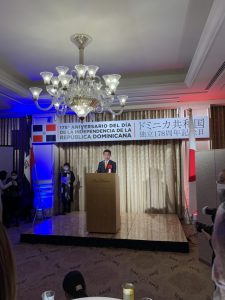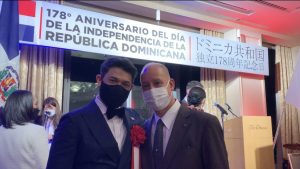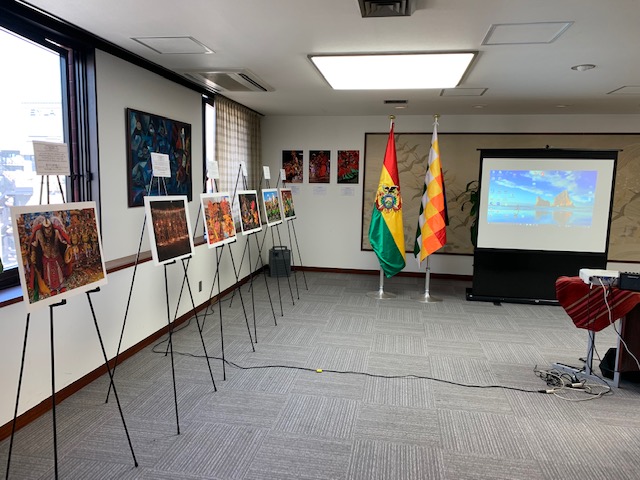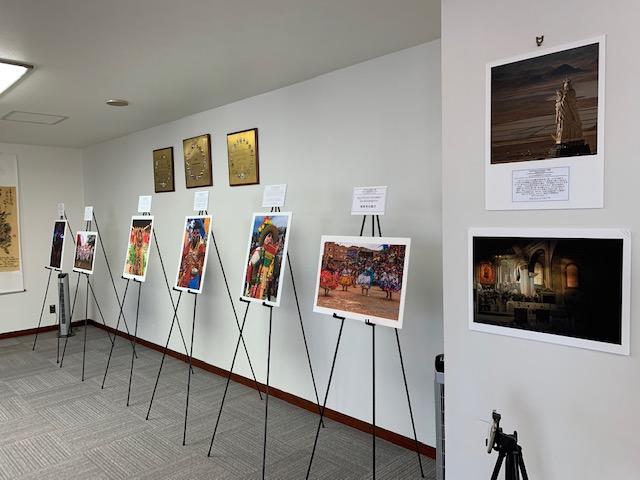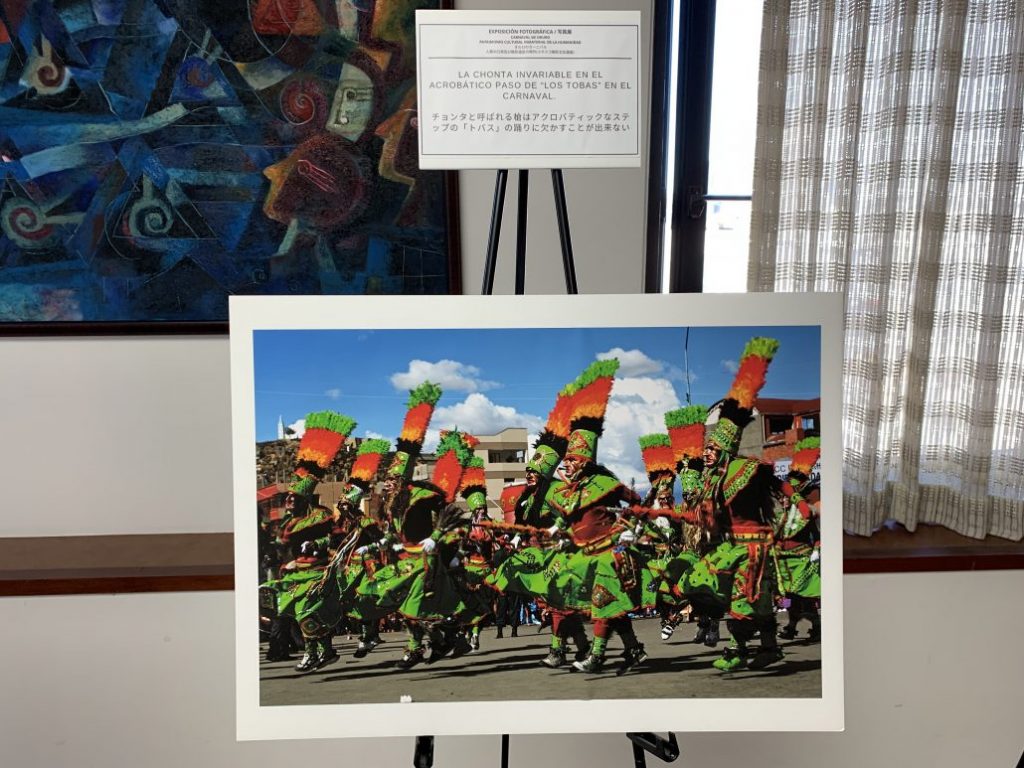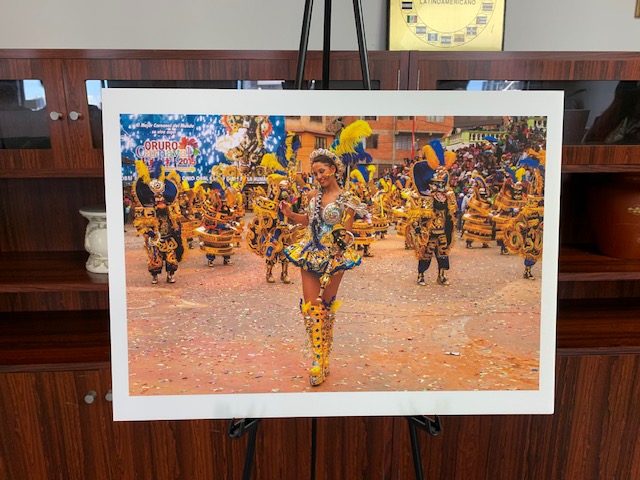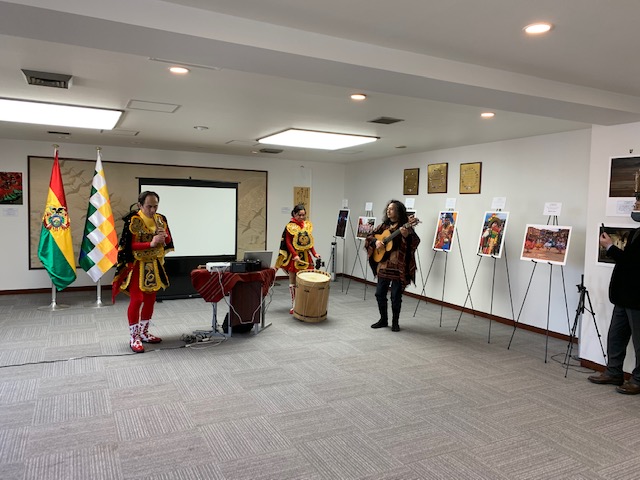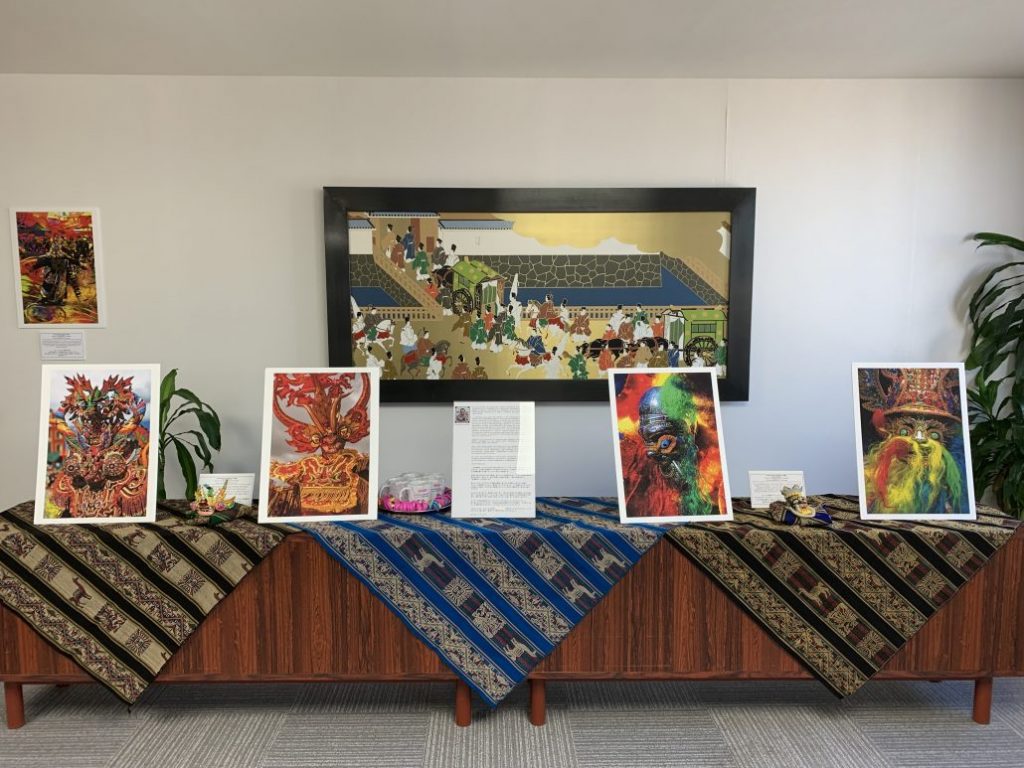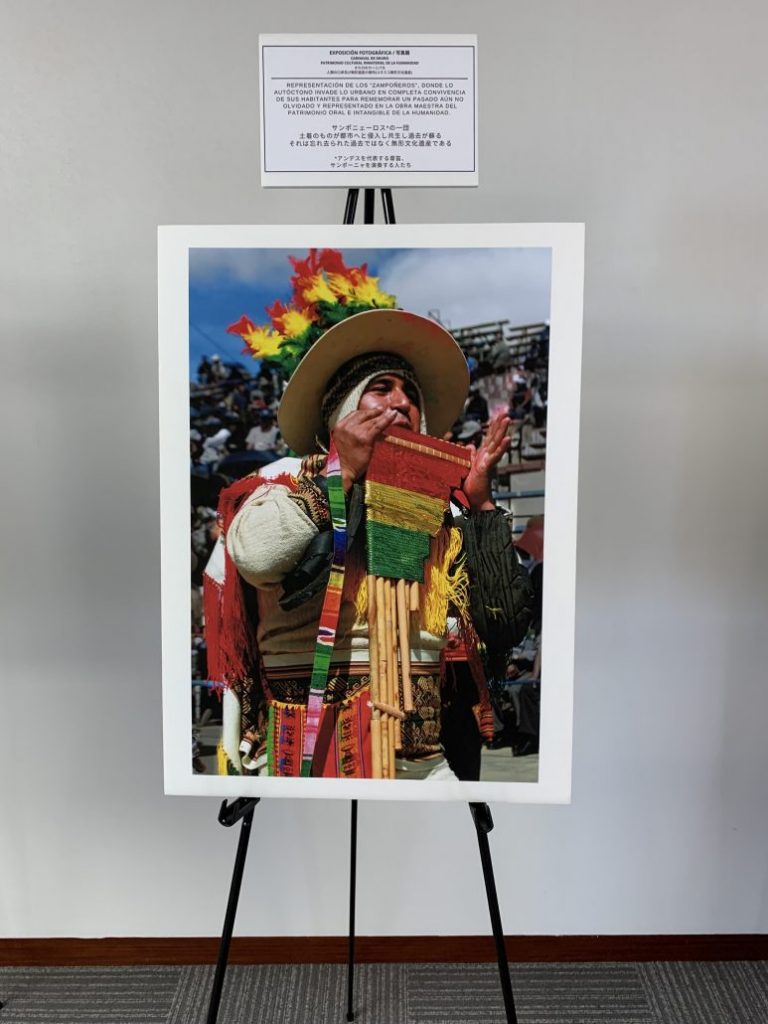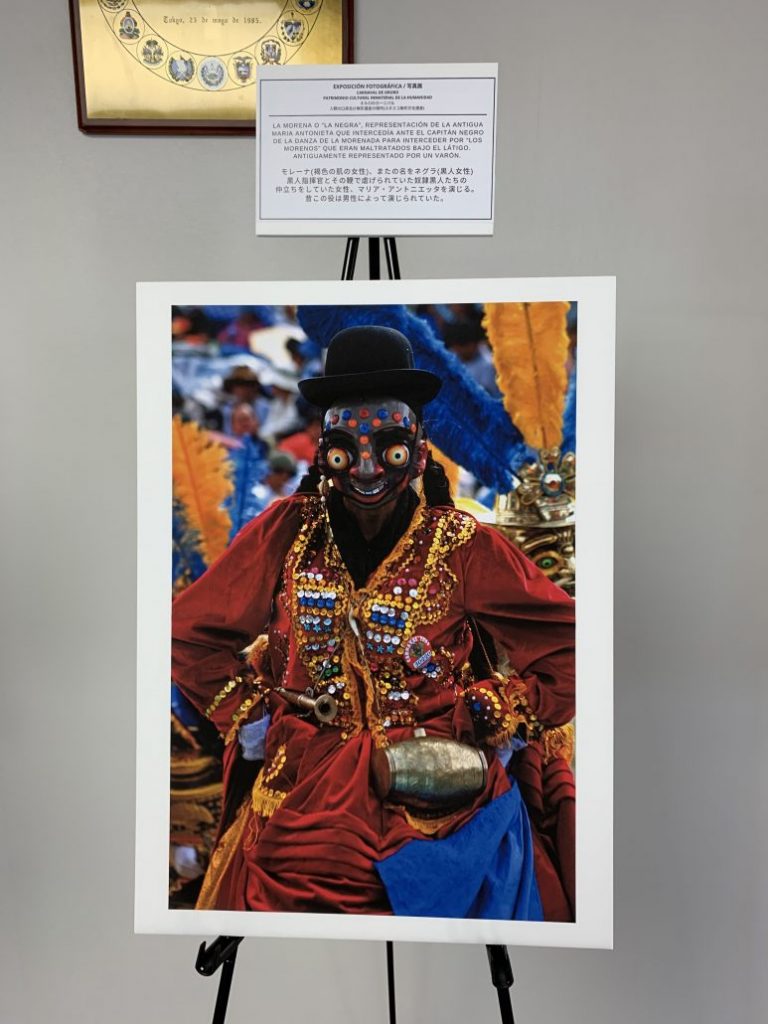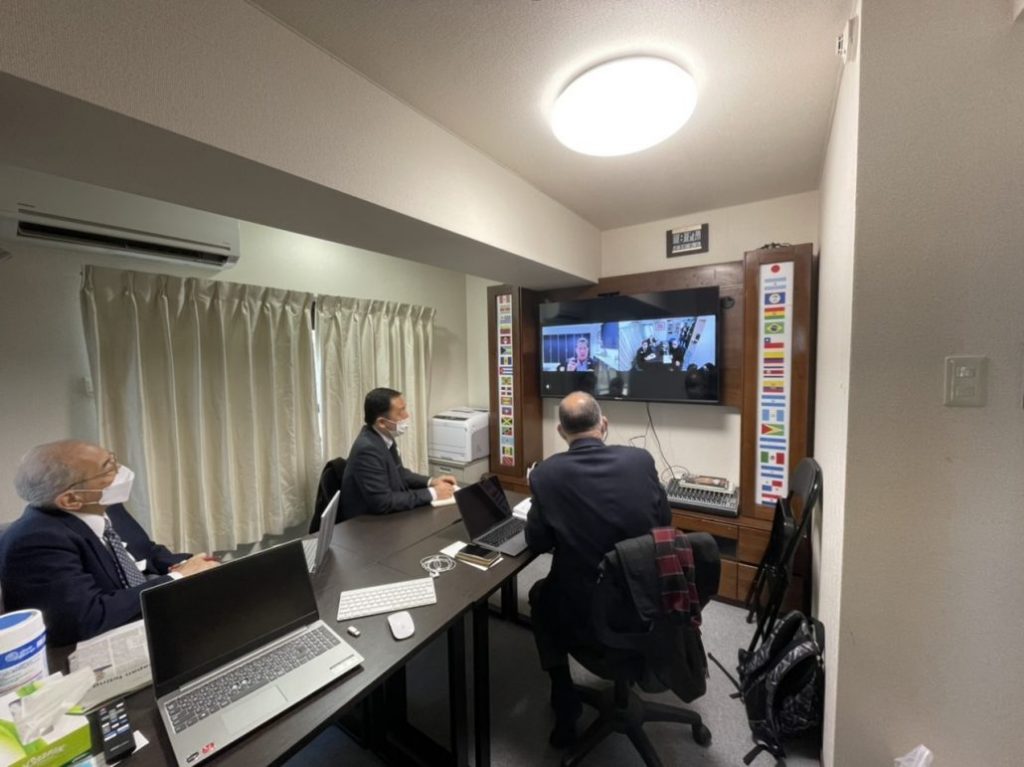On February 25, Dr. Ritter Diaz, Representative Director of JAPOLAC, participated in the celebration of the 178 Anniversary of the Independence of the Dominican Republic.
On this occasion, H.E. Robert Takata, Ambassador Extraordinary and Plenipotentiary of Dominican Republic conveyed a congratulatory message, reiterating the strong bonds of friendship between Japan and the Dominican Republic.
The event counted on the participation of high representatives from the Ministry of Foreign Affairs, Heads of Mission of Latin America and Caribbean countries accredited in Japan, business people as well as other distinguished members of Japanese society.
